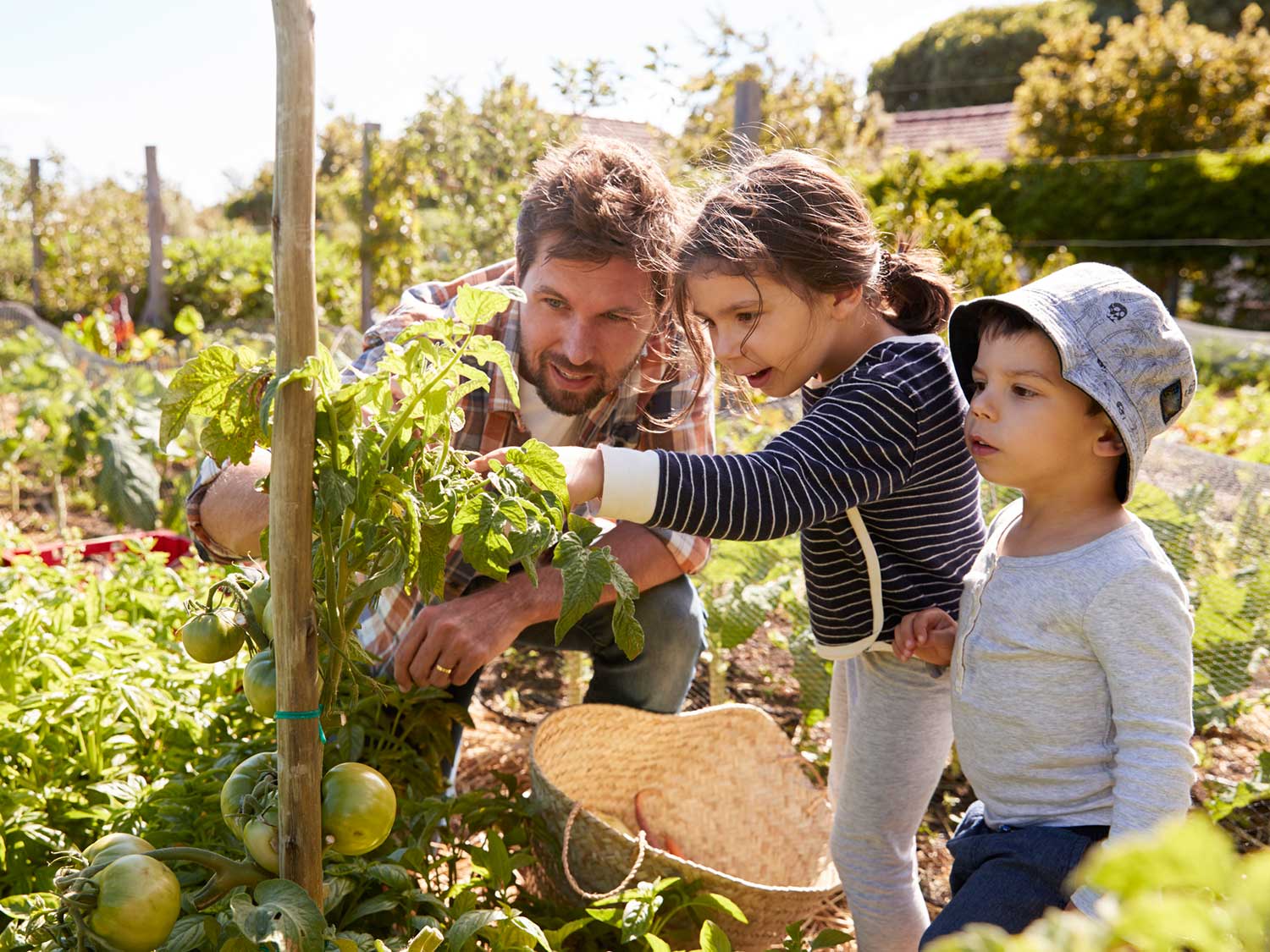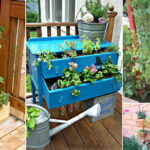Gardening is often considered a leisurely activity, a tranquil retreat into nature away from the demands of contemporary life. Yet, the practice of gardening, particularly when shared between parents and children, extends far beyond the cultivation of flora or the aesthetics of landscaping. It cultivates a profound space where learning, bonding, and empowerment intersect. Engaging in gardening together not only nurtures plants but also seeds invaluable life lessons that resonate through the developmental fabric of childhood. This article examines the multifaceted benefits that children derive from gardening with their parents, elucidating the essential skills, values, and methodologies imparted through this hands-on experience.
The Parenting Paradigm: Fostering Connection Through Nature
The contemporary societal landscape can often feel fragmented, with children and parents ensconced in their digital devices, leading to diminished interpersonal interactions. Gardening serves as a necessary antidote to this disconnection, providing an opportunity for meaningful engagement. The act of working side-by-side in the garden creates a setting that is ripe for collaboration and communication. This shared endeavor not only facilitates discussion of day-to-day concerns but also allows for deeper, more reflective dialogues. The very act of planting a seed signifies new beginnings and can serve as a potent metaphor for growth in both relationships and individual maturity.
Moreover, the unpredictability of nature instills a sense of patience in children. Learning that blossoms may not flourish immediately, or that setbacks, like pests and harsh weather, can occur, teaches resilience. This understanding is pivotal: it imbues children with the imperative of commitment—recognizing that perseverance is required to see the fruits of one’s labor. Resilience, reinforced by tangible examples from gardening, enables children to develop coping strategies essential for navigating various life challenges.
Ecological Literacy: A Gateway to Environmental Awareness
In an age where conversations about climate change and environmental stewardship are more urgent than ever, gardening acts as a direct conduit for teaching ecological literacy. By participating in gardening, children are not merely passive recipients of knowledge but active participants in environmental education. They learn about the life cycles of plants, the intricacies of ecosystems, and the importance of biodiversity. Such experiential learning fosters a deep-rooted respect for nature and an understanding of the interconnectivity of life.
The practical implications of gardening offer insights into organic practices and sustainability. Parents can introduce concepts such as composting, water conservation, and the avoidance of harmful pesticides, equipping children with the knowledge to make informed choices about food sources and environmental impact. The act of nurturing plants organically can elicit critical discussions regarding the broader implications of agricultural practices on health and the planet. Understanding this connection engenders a sense of responsibility and a drive to advocate for sustainable living, subsequently qualifying children as informed stewards of the planet.
Life Skills Acquisition: Practical Knowledge Rooted in Experience
Gardening with parents serves as an invaluable training ground for a wide array of life skills. Sustaining a garden necessitates a diverse skill set—planning, organizing, problem-solving, and critical thinking, among others. When children engage in this labor-intensive task, they learn to strategize effectively. They must decide which plants to grow based on seasonal cycles and personal preferences, understand space and layout, and determine when to harvest. Each decision made during this process helps children develop analytical capabilities and enhances their decision-making prowess.
Notably, gardening also cultivates fine and gross motor skills. From grasping small seeds to using larger gardening tools, the physicality of gardening encourages agility and coordination. This kinesthetic learning aligns with developmental psychology, highlighting the efficacy of experiential learning for cognitive and physical growth. As they dig, plant, and tend to the garden, children gain not just physical strength but also pride in accomplishing tangible outcomes—the very essence of self-efficacy.
The Agrarian Arts: Creativity Flourishing in Soil
As they delve into the realm of gardening, children discover an avenue for creativity that transcends traditional boundaries. The selection of plants, the aesthetic arrangement of the garden layout, and the potential for creating artistic sculptures from natural materials all serve as a locus for artistic expression. The tactile nature of working with soil, water, and greenery cultivates a sensory awareness that is often overlooked in our digitized age.
Engaging in the aesthetics of gardening, such as choosing color combinations or designing thematic gardens, challenges children not only to appreciate beauty but to conceptualize their vision into a reality. Creativity in gardening mirrors principles of design and art, reinforcing that there is not a single “right way” to create. This creative freedom fosters open-mindedness and adaptability, essential attributes in both personal and professional arenas.
Community Engagement: Cultivating Responsibilities Beyond the Home
Furthermore, participating in gardening activities can extend beyond parental units, serving as a foundation for community engagement. Community gardens or shared gardening initiatives provide children with opportunities to work collaboratively with peers, reinforcing teamwork and social responsibility. As children engage in these communal endeavors, they learn the value of collaboration and the importance of contributing to a larger goal, nurturing their sense of community and belonging.
The intergenerational dialogue that occurs within these shared spaces can enhance social cohesion, countering the individualism that often pervades modern society. Parents can facilitate philanthropic opportunities through gardening, such as donating produce to local shelters or participating in programs that promote access to healthy foods in underserved areas. Such experiences cultivate empathy and foster a commitment to social justice, equipping children to become active, engaged citizens.
The Lasting Legacy: Instilling Values Through Gardening
Ultimately, gardening is an activity that encapsulates the entirety of life’s lessons: growth, patience, resilience, and community. The values nurtured through gardening extend far beyond the act itself; they weave into the very fabric of who children become as adults. Parents have the unique opportunity to imbue their children with principles of hard work, responsibility, environmental stewardship, and the innate value of interconnectedness. In fostering these values, parents plant the seeds for future generations tasked with navigating an increasingly complex world.
In conclusion, the myriad lessons gleaned from gardening collaboratively serve to fortify the parent-child bond while imparting essential life skills that extend far beyond the garden gates. The growing landscape of life experiences equips children with the tools necessary for not only personal success but also for contributing positively to society. Thus, the question remains: How will you cultivate a garden of knowledge to nurture your children’s growth?









Leave a Comment